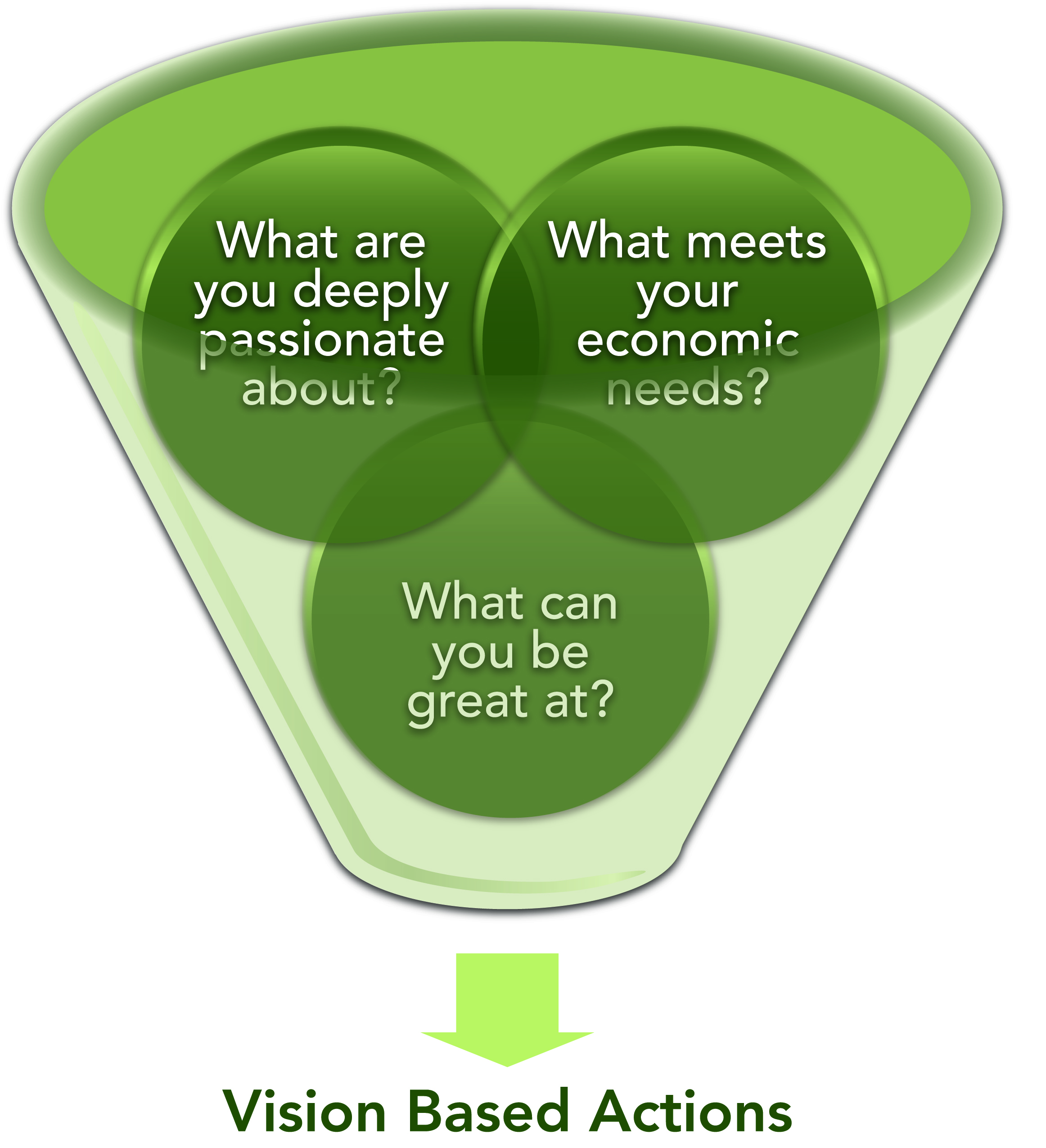Defining Vision Based Actions for College Students – Eric’s Story
 I’m Eric Philippou, and I’m writing this blog as part of my summer internship at ILI, a leadership and management consulting firm. I am entering my final fall semester at The Ohio State University, majoring in Strategic Communication. I like marketing and plan to attend business school in a few years. I’m also on the varsity fencing team at Ohio State.
I’m Eric Philippou, and I’m writing this blog as part of my summer internship at ILI, a leadership and management consulting firm. I am entering my final fall semester at The Ohio State University, majoring in Strategic Communication. I like marketing and plan to attend business school in a few years. I’m also on the varsity fencing team at Ohio State.
This summer, I am starting a blog that helps students find their life purposes, plus a step-by-step guide on bringing this vision into reality. I am giving you information from a workbook written by a combination of college faculty and leadership development and executive coaching experts who make business executives very successful. This book will be published late in 2014. In this post, you will find your values. Throughout this blog, I will provide my answers to the exercises as an example. This is part three of the four-part Vision topic. My answers are in italics.
In this post, I’ll show you how to set a realistic career direction based on your vision. We discussed creating your vision and identifying your values in the last two posts. In the next post, I will answer some great reflection questions. It turns out reflection is a key part of this process.
Putting Vision into Action
Now that your vision is outlined, it’s important to put it into action. Consider your values and vision, as well as your skills. In this exercise, you will find ways to incorporate your passions into how you make a living. Also, think of ideas or topics that you find extremely interesting and are somehow involved in almost everything you do – school, work, social activities, entertainment media, etc.
Step 1: Identify your foundation.
- What are you most passionate about?
- Values: love, excellence, meaningful work
- Respect
- Order or being organized
- Creativity
- Doing things the right way and not cutting corners
- Doing the right thing in general
- Success/winning
- I would be lying to myself if I didn’t put “food” on this list
- Deep thinking
- What are your economic needs, and what can you do to meet them?
- Overall financial stability: enough to not be worried in case of some family emergency, such as one of my family members needing surgery.
- I want to create sufficient funding for the NPO.
- Somewhere between a modest upper-middle class lifestyle and the guy from ‘The Wolf of Wallstreet.’
- Business strategy
- Marketing/sales
- Project management
- Public speaking
- What can you be great at?
- Marketing/sales
- Business strategy
- Project management
- Friend
- Philanthropy/non-profit work
- Teamwork
- Public speaking
Step 2: Review and Identify Overlap.
- Creativity and deep thinking are involved in all of the professional skills that I can be great at (my creativity led me to try marketing and strategy initially)
- Excellence and success in my professional field(s) can create wealth
- Doing the right thing and love overlap with philanthropy
- Having a lot of money of my own can help fund my NPO
- Meaningful work and philanthropy
- Business strategy
- Marketing/sales
- Project management
- Public speaking
Step 3: Harvest the ideas.
- Based on overlaps, do you see anything that can be incorporated into what you do or how you work?
- My passions for creativity, excellence, deep thought, and success, combined with economic needs/wants, tell me that I should pursue a career that involves marketing, business strategy, and/or project management.
- I should work in companies and projects that I find meaningful, ethical, and beneficial to others.
Look at your answers carefully and consider as many ideas and overlaps as possible. Even if something you think is useless, writing it down anyway is good.
Next week, I will share my answers to key reflection questions. Building the reflection “muscle” is important as a leader. I will share my reflections for each step in the leadership development process.

Leave a Reply
Want to join the discussion?Feel free to contribute!